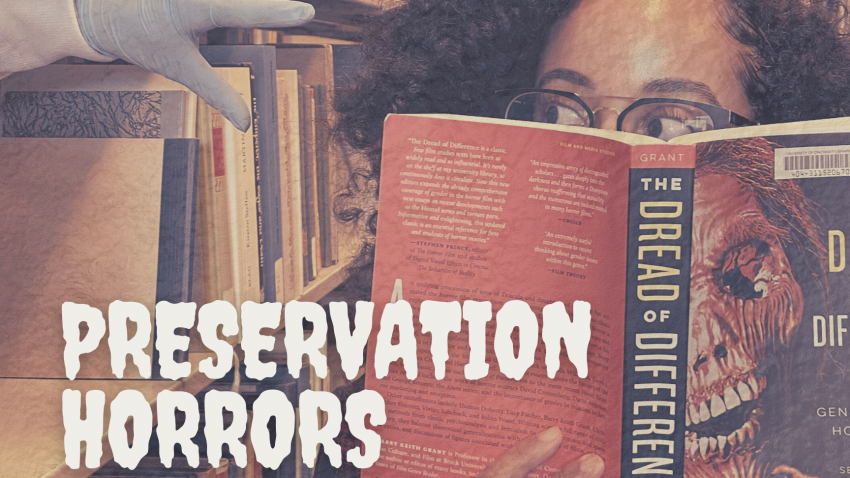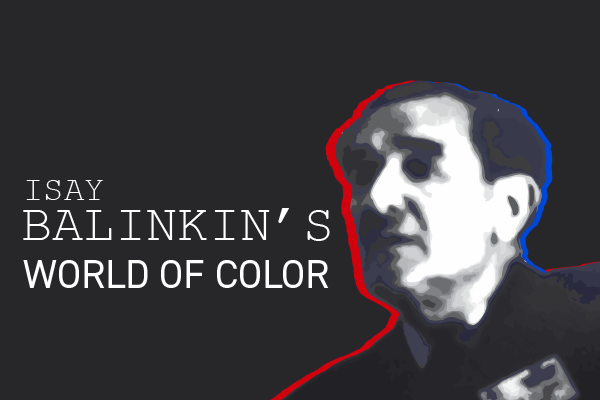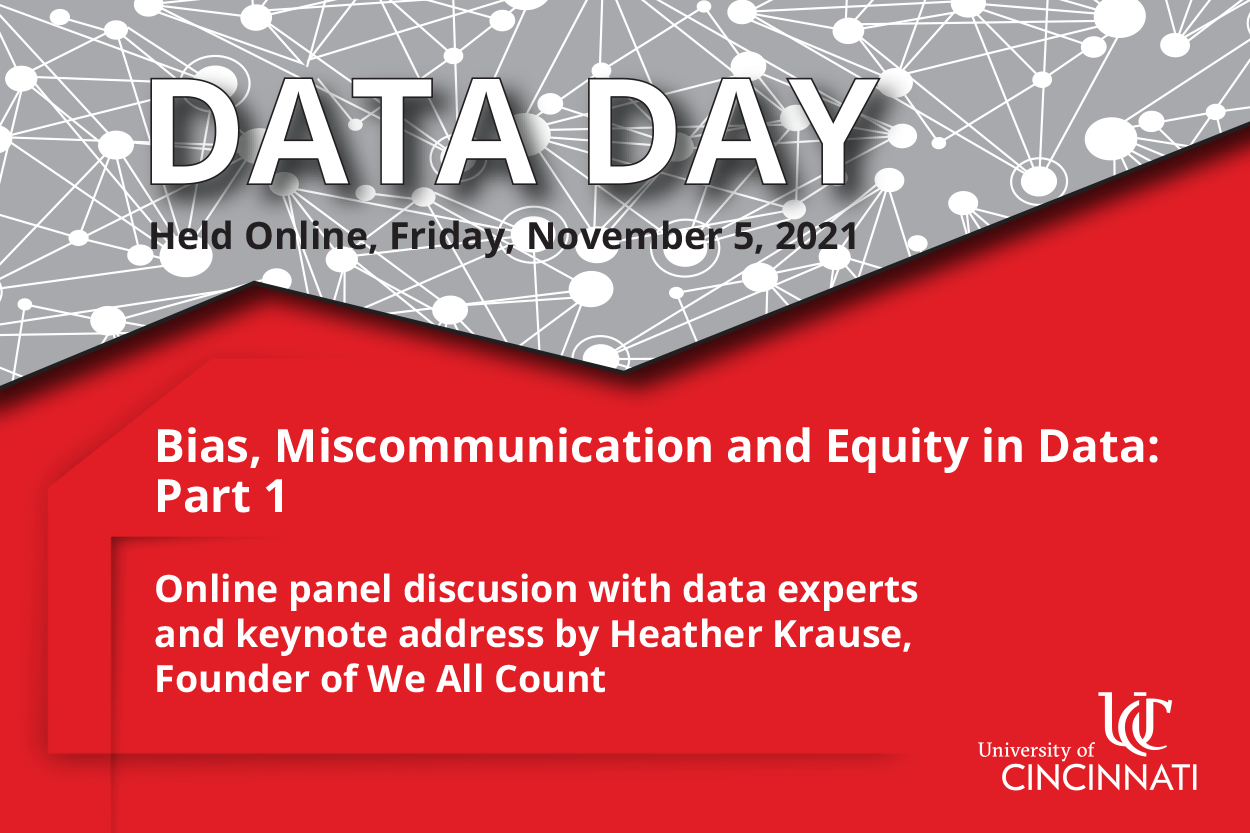The annual Life of the Mind, interdisciplinary conversations with University of Cincinnati faculty, is tentatively scheduled for Tuesday, Feb. 22, 2022. Once again, the event will celebrate the published or performed creative and scholarly works of UC’s artists, authors, editors & composers with an exhibit and bibliography.
To include creative and scholarly works, UC faculty and staff members are invited to self-submit via an online form. Include only those submitted works performed or published between Jan. 1, 2020, and June 30, 2021. Submissions are limited to three per category per artist, author, editor or composer. Categories may include: books, book chapters, journal articles, editing, artwork, photography, plays, musical scores, CDs or DVDs and more. The submission deadline is 5 p.m. Friday, November 12.
Contact melissa.norris@uc.edu with any questions.
The mission of Life of the Mind is to celebrate UC research, scholarship and creative output and to foster the free and open exchange of ideas and discourse. It is organized by UC Libraries, Faculty Senate and the Faculty Enrichment Center, and is sponsored by the Office of the Executive Vice President for Academic Affairs and Provost.
Life of the Mind supports the university’s Research2030 initiative, which focuses on two key objectives: Enhancing UC’s national reputation and emphasizing the impact of UC’s research enterprise. The Life of the Mind lecture creates a platform to exchange interdisciplinary research and foster intellectual conversation. The artists, authors, editors & composers exhibit and bibliography promotes faculty and staff research and creative outcomes.
For information on last year’s event, visit the Life of the Mind website.
 Check out the new science books that have been added to the Geology-Math-Physics and Langsam Libraries.
Check out the new science books that have been added to the Geology-Math-Physics and Langsam Libraries.
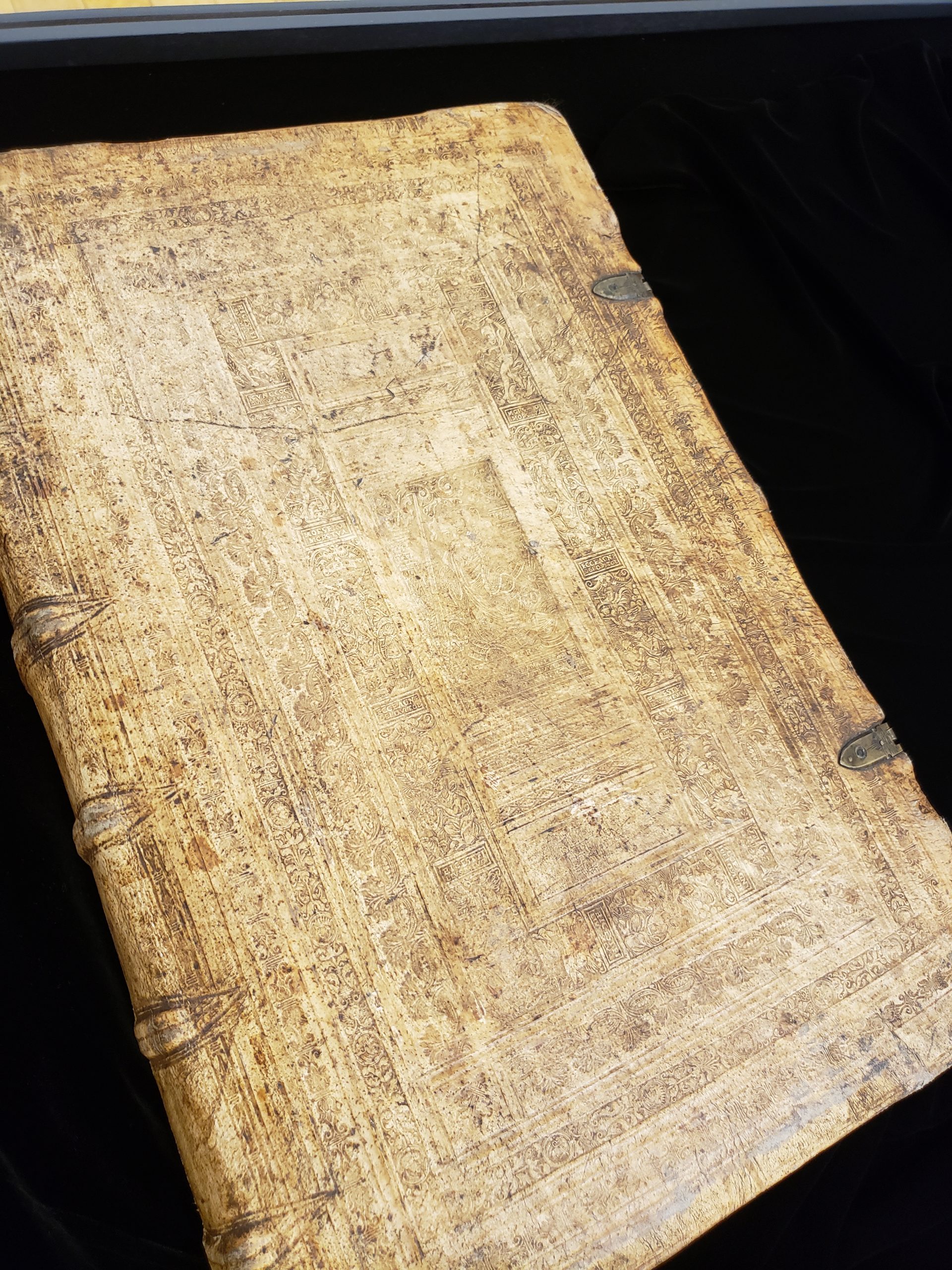 The Henry R. Winkler Center for the History of the Health Professions invites you, as part of its Illustrated Human: The Impact of Andreas Vesalius lecture and exhibit series, to register for an up-close-personal look at Vesalius’s 1543 and 1555 editions of De humani corporis fabrica (“On the Fabric of the Human Body in Seven Books”). “Fabrica” was the most extensive and accurate description of the human body of its time. Most likely drawn by Vesalius colleague Jan Stephan a Calcar and Italian artist Titian, “Fabrica” is widely known for its illustrations, where skeletons and bodies with exposed muscular structures pose in scenic, pastoral settings.
The Henry R. Winkler Center for the History of the Health Professions invites you, as part of its Illustrated Human: The Impact of Andreas Vesalius lecture and exhibit series, to register for an up-close-personal look at Vesalius’s 1543 and 1555 editions of De humani corporis fabrica (“On the Fabric of the Human Body in Seven Books”). “Fabrica” was the most extensive and accurate description of the human body of its time. Most likely drawn by Vesalius colleague Jan Stephan a Calcar and Italian artist Titian, “Fabrica” is widely known for its illustrations, where skeletons and bodies with exposed muscular structures pose in scenic, pastoral settings.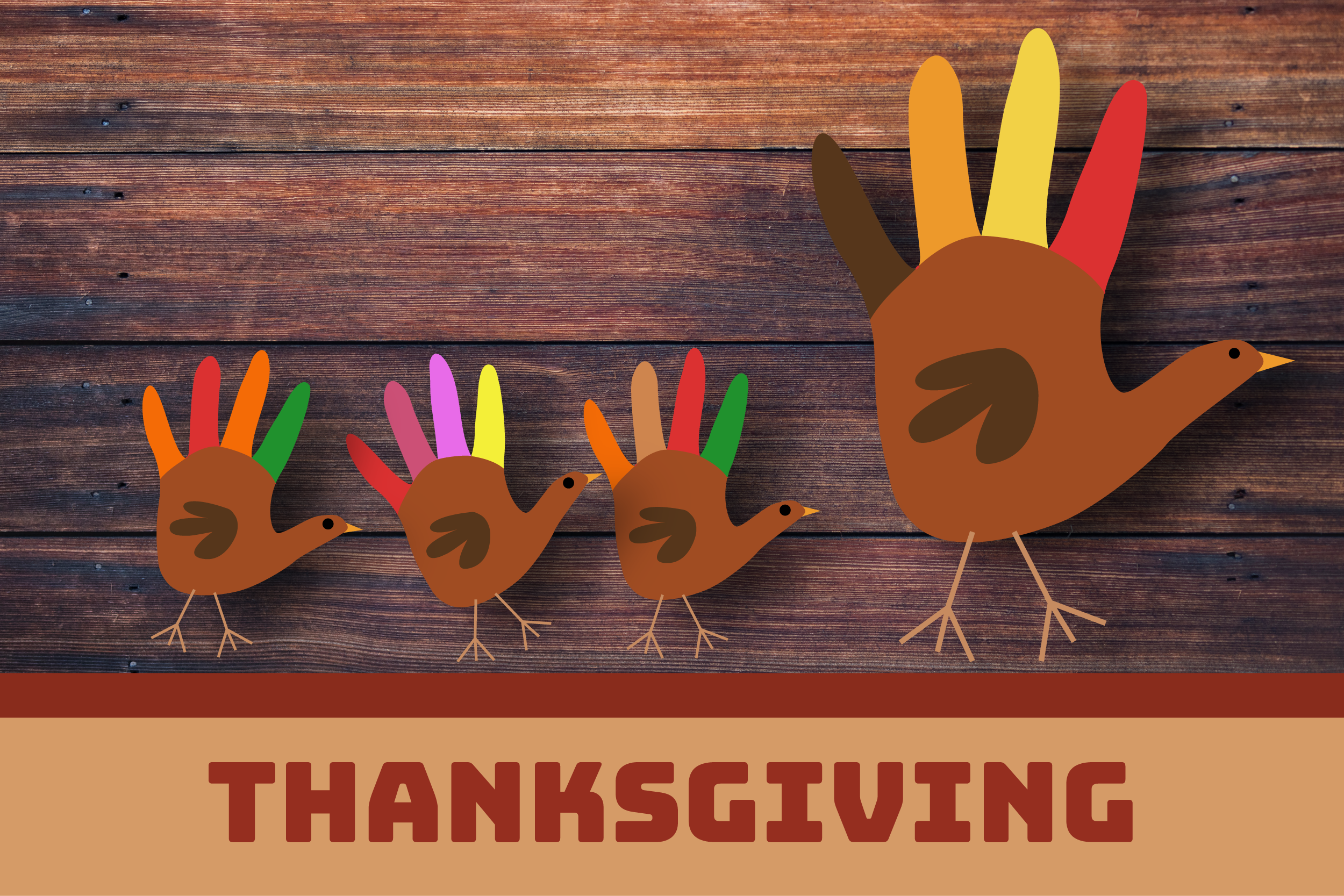 The University of Cincinnati Libraries will be closed Thursday, November 25 and Friday, November 26 for Thanksgiving, with some locations closed the remainder of the holiday weekend and many library locations closing early on Wednesday, November 24 at 5pm. Check the
The University of Cincinnati Libraries will be closed Thursday, November 25 and Friday, November 26 for Thanksgiving, with some locations closed the remainder of the holiday weekend and many library locations closing early on Wednesday, November 24 at 5pm. Check the 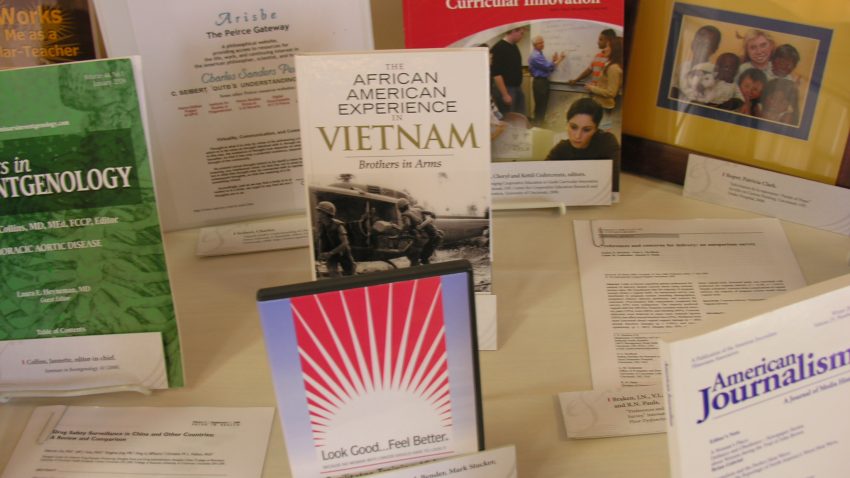 Calling all UC Artists, Authors, Editors & Composers!
Calling all UC Artists, Authors, Editors & Composers!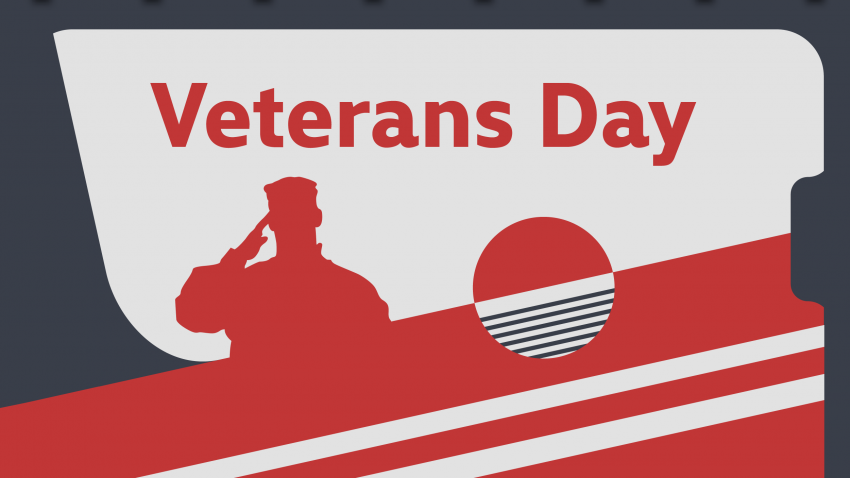 UC Libraries will be closed Thursday, Nov. 11 in observance of Veterans Day.
UC Libraries will be closed Thursday, Nov. 11 in observance of Veterans Day.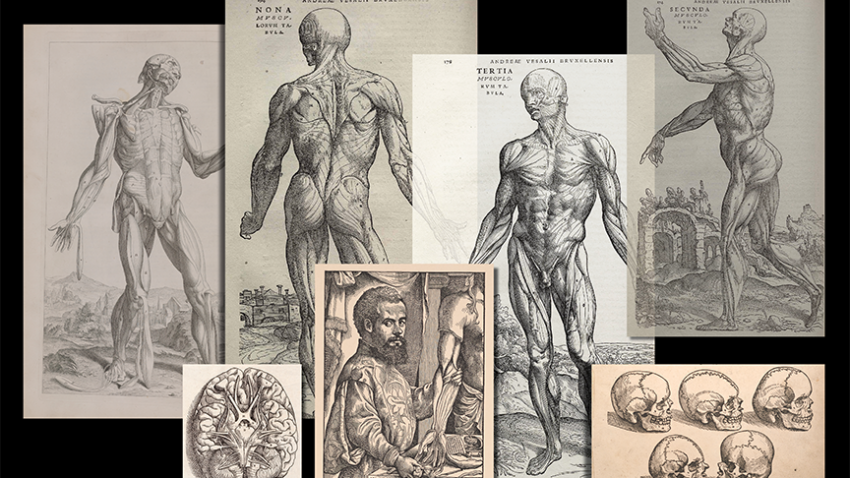 The Henry R. Winkler Center for the History of the Health Professions, University of Cincinnati Libraries and the College of Medicine are hosting a series of lectures and exhibits exploring the Renaissance anatomist and physician Andreas Vesalius (December 1514 – June 1564). Vesalius revolutionized the study and practice of medicine with his careful descriptions and anatomical studies of the human body published in “De humani corporis fabrica libri septem” (“On the Fabric of the Human Body in Seven Books”).
The Henry R. Winkler Center for the History of the Health Professions, University of Cincinnati Libraries and the College of Medicine are hosting a series of lectures and exhibits exploring the Renaissance anatomist and physician Andreas Vesalius (December 1514 – June 1564). Vesalius revolutionized the study and practice of medicine with his careful descriptions and anatomical studies of the human body published in “De humani corporis fabrica libri septem” (“On the Fabric of the Human Body in Seven Books”).